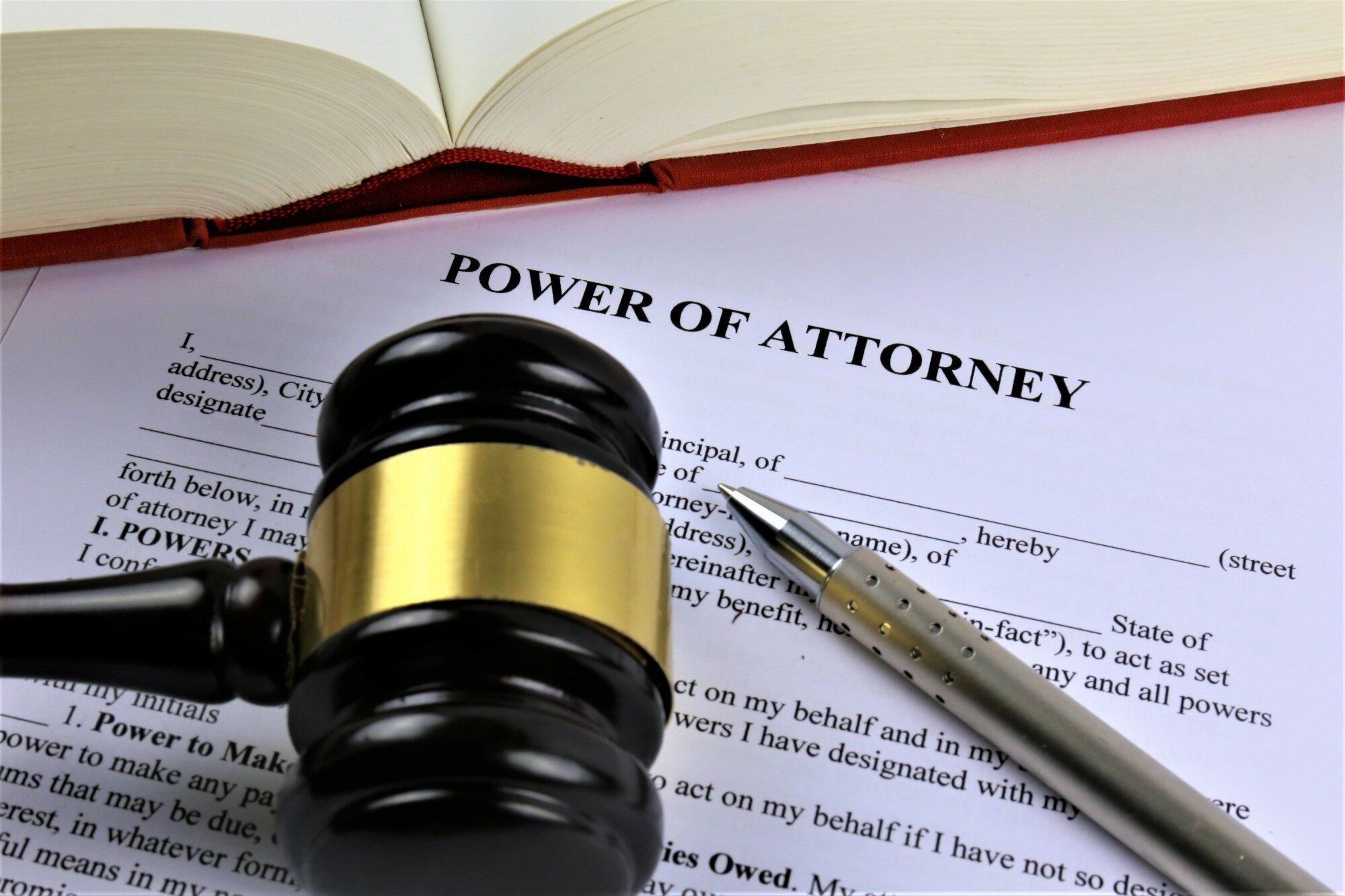What Is Power of Attorney and When Do You Need One?
Making a will or arrangements for your finances and health care were once thought of as tasks for the elderly.
But financial experts say that everyone over the age of 18 should consider having a Power of Attorney (POA) in case of an accident or emergency.
You might be asking, "What is power of attorney, anyway? And why would I need one now?"
Read on to find out more about this legal document, and why it's important to your future.
What is Power of Attorney?
A power of attorney (POA) is a legal document in which you choose another person (often called the agent or attorney-in-fact) to act on your behalf.
The POA document should be set up as "durable". This way the document will remain valid if you become incapacitated or otherwise unable to handle your own matters.
Although it is possible to set up a POA on your own, it is better to contact an experienced local lawyer who will be able to assess your financial holdings and end-of-life wishes and will draw up all the documents necessary.
Why Do I Need a Power of Attorney?
POA's are encouraged for seniors, so that, in the event of sudden illness, they can be assured their wishes are carried out concerning their money and health.
But for younger people, including those off to college or the military, these documents are also recommended, so if something sudden were to happen, parents or designated family members could quickly act on that adult's behalf.
Without these documents, it could fall to the court system to make financial and health care decisions for you, leaving your loved ones with no recourse.
Financial Power of Attorney
A general financial power of attorney gives powers to a person or organization to handle financial and business transactions on your behalf. The POA would also be able to buy life insurance, settle claims, handle business interests, make gifts, and hire professional help.
A financial POA is ideal for those who travel abroad frequently, as well as for seniors, as it gives you the ability to choose someone to handle your affairs if you are absent or if you become physically or mentally impaired.
Health Care Power of Attorney
Different than a living will, a health care power of attorney is someone that you personally appoint to make medical decisions for you when you are unable to do so.
A living will is an actual document that states your wishes for end of life care, while the POA appoints the person who will see that those wishes are carried out.
A handy combination of this POA and a living will is called an advanced health care directive. Many states permit this type of document, and medical providers are asking patients to provide an advanced care directive prior to receiving medical service.
How to Get a Power of Attorney
Now that you know what is a power of attorney, contact us for help with your POA, and all your estate planning needs, no matter your age.
We are here to help prepare for a future with a plan that will reflect your particular goals and put you at ease!

